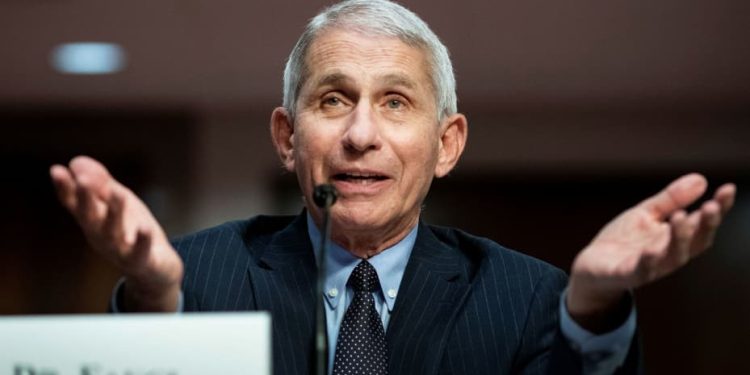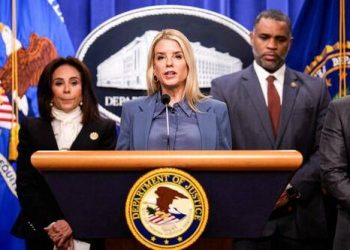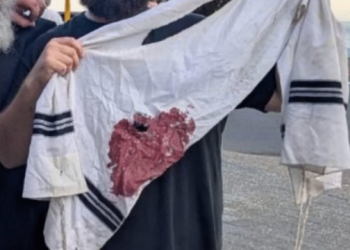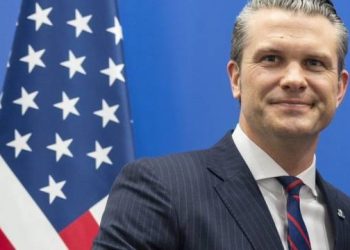Joe Biden reportedly “preemptively pardoned” multiple individuals who are likely to be targets of upcoming Republican-led investigations into alleged crimes and abuses of power by opponents of Donald Trump.
Was it constitutional? According to the Supreme Court’s 1866 ruling in Ex parte Garland, the presidential pardon power, apart from impeachment cases, is considered “unlimited.” This authority can be applied to “every offense known to the law” and “may be exercised at any time after its commission, either before legal proceedings are initiated or during their pendency, or after conviction and judgment.”
Historically, the closest parallel to these “preemptive pardons” is Gerald Ford’s 1974 pardon of Richard Nixon. Nixon had neither been impeached nor charged with a crime, yet Ford acted to spare the country the ordeal of a trial. The wisdom of this decision remains a subject of debate to this day.
Congressional Republicans assert their right—and duty—to scrutinize Biden’s pardons. Such investigations could uncover misconduct by others in Biden’s inner circle who fall outside the scope of these pardons and remain subject to legal consequences.
Representative Chip Roy (R-TX) highlighted this in a post on X (formerly Twitter):
“Implication is that they needed the pardons. So, let’s call them all before Congress and demand the truth. If they refuse or lie – let’s test the constitutional ‘reach’ of these pardons with regard to their future actions.”
One controversial pardon highlighted is that of former NIH Director Anthony Fauci, prompting criticism from Senator Rand Paul (R-KY). Paul wrote on X:
“If there was ever any doubt as to who bears responsibility for the COVID pandemic, Biden’s pardon of Fauci forever seals the deal. As Chairman of the Senate Homeland Security and Governmental Affairs Committee, I will not rest until the entire truth of the coverup is exposed. Fauci’s pardon will only serve as an accelerant to pierce the veil of deception.”
With the pardon, Fauci may now avoid formal censure for alleged actions, including his involvement with EcoHealth Alliance’s collaboration with the Wuhan Lab and gain-of-function research accusations.
Rep. Barry Loudermilk (R-GA), who has been spearheading GOP investigations into the January 6 Capitol attack and the former House Select Committee on January 6, also sees potential links to Biden’s pardons. Speaking to The Hill, Loudermilk stated:
“I think definitely, this is a situation that we still got to dig a little deeper.”
Loudermilk has proposed creating a new select committee to investigate these matters further, pending Speaker Mike Johnson’s (R-LA) approval.
Rep. Doug LaMalfa (R-CA), chair of the House Western Caucus, criticized the timing of the pardons:
“Sneaking this through in the last hours of his presidency only makes them look more guilty. What’s he so desperate to hide? It’s been clear to any honest observer that there is plenty to investigate.”
Republicans dismiss Democratic claims that these efforts amount to partisan “witch hunts,” asserting that congressional investigations into potential wrongdoing by the powerful have been an enduring and essential function since the founding of the nation.
 Telegram is where we really talk. Don't miss out!
Telegram is where we really talk. Don't miss out!







